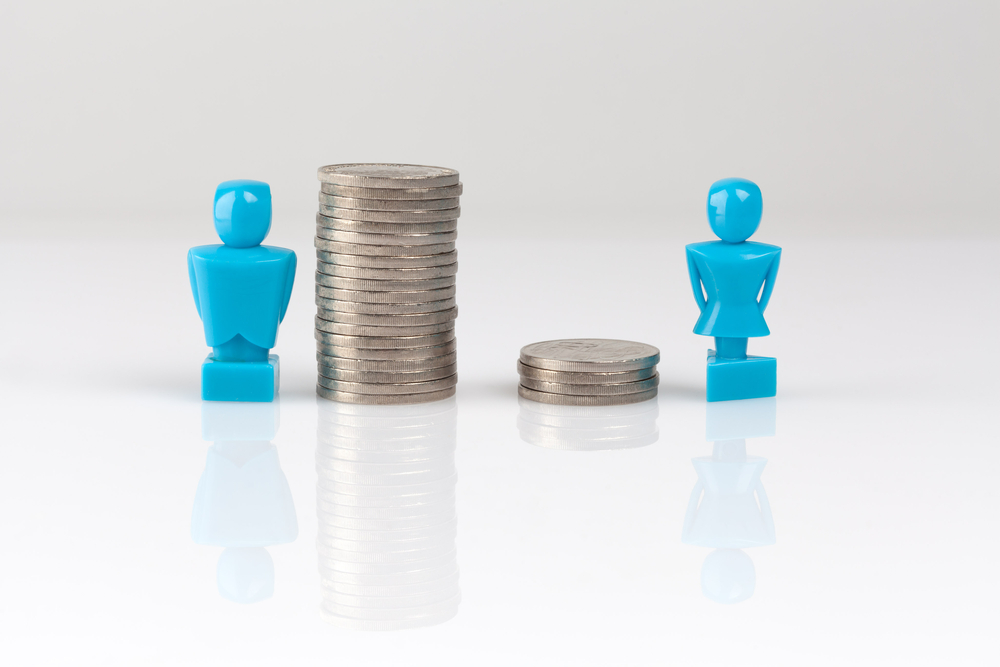Household Bills
Women work for free for the rest of the year

Women effectively work for free from today until the end of 2016 because of the gender pay gap.
The Fawcett Society, a charity for womens’ rights, has marked today ‘Equal Pay Day’ (EPD) calculated using the full time gender pay gap, which is currently 13.9%.
This year’s EPD falls a day later than in 2015, meaning the pay gap is closing, but with the current rate of progress it will take over 60 years to completely close it, the charity said.
Sam Smethers, Fawcett Society chief executive, said a root cause of the gender pay gap is that society doesn’t value the work done by women.
“As we mark EPD this year we are focusing on the fundamental question of who and what we value and asking why it is that we don’t value women and the work they do – paid or unpaid. Equal value goes to the heart of the fight for pay equality, because the reality is that if it is a sector dominated by women the pay will be lower.”
Overall, women can expect to earn significantly less than men over their entire career because of differences in caring responsibilities (80% of care workers are women), larger numbers in low skilled and low paid work, the qualifications and skills women acquire and because of outright discrimination.
They are also less likely to receive bonuses or to progress to the most senior and highest paid roles, and the Fawcett Society said 54,000 women have had to leave their jobs early every year after having a baby or becoming pregnant. One US study also found that as women moved into male-dominated sectors, their pay fell.
Impact of Brexit on equal pay
Smethers said Brexit could also threaten equal pay: “As we look ahead to a UK outside the EU and possibly the single market, we have to guard against the risk of going backwards and losing some of the rights that women have fought for over many years. In our post-EU referendum world, equal pay for work of equal value is precisely the kind of thing which some will argue should be dispensed with. So, let’s show them that they are wrong, that we value those rights and we value the work that women do.”
‘Double whammy when it comes to retirement saving’
Kate Smith, head of pensions at Aegon UK, said as shocking as this day is, the impact isn’t just on take home pay.
“A lower overall salary also means personal pension payments and employer contributions are lower, because typically this is calculated based on income. Set against a retirement savings journey disrupted by maternity leave, this puts women on the back foot from the day they start working, and means women save an average of £1,020 less each year compared to their male counterparts.”
She said that reforms to equalise both the age at which state pension can be accessed and the number of qualifying years of National Insurance contributions, means women are being “hit with a double whammy when it comes to retirement saving”.
“It’s absolutely crucial that employers across the UK take this inequality seriously, and government carefully considers these imbalances when setting pension policy.”